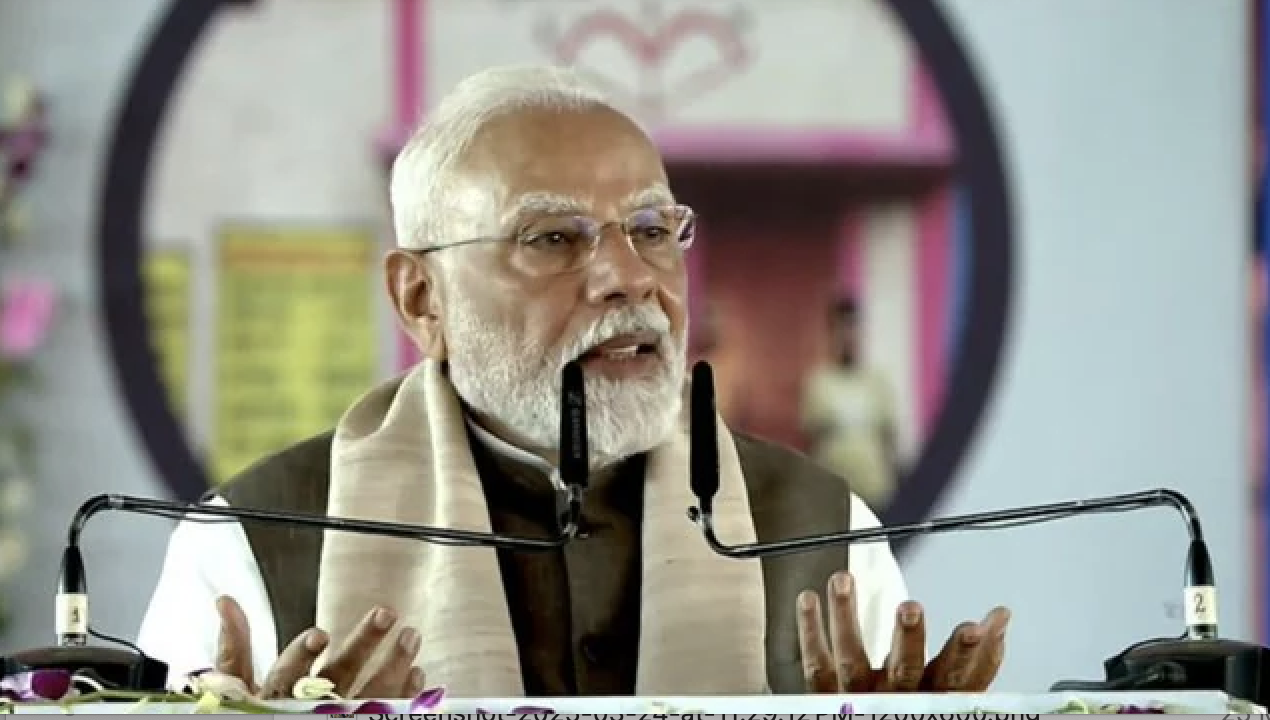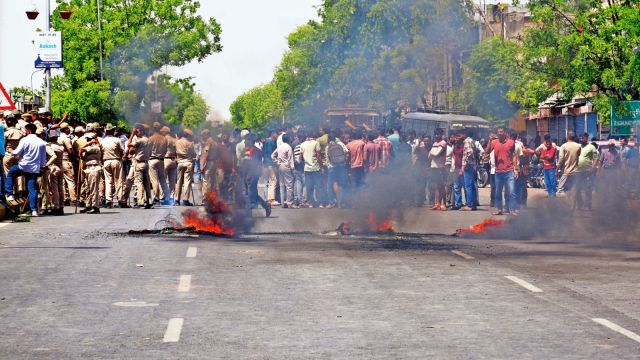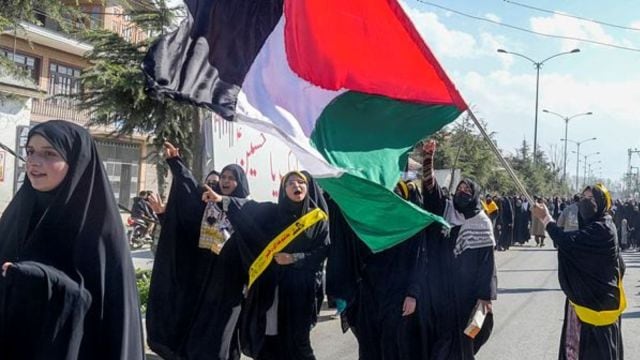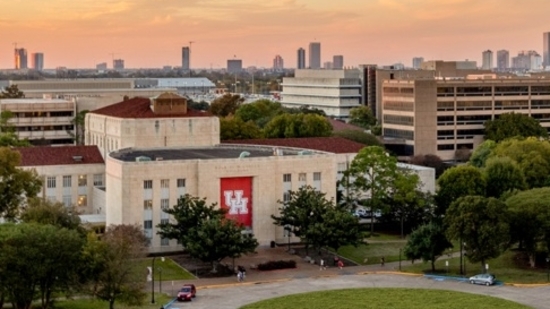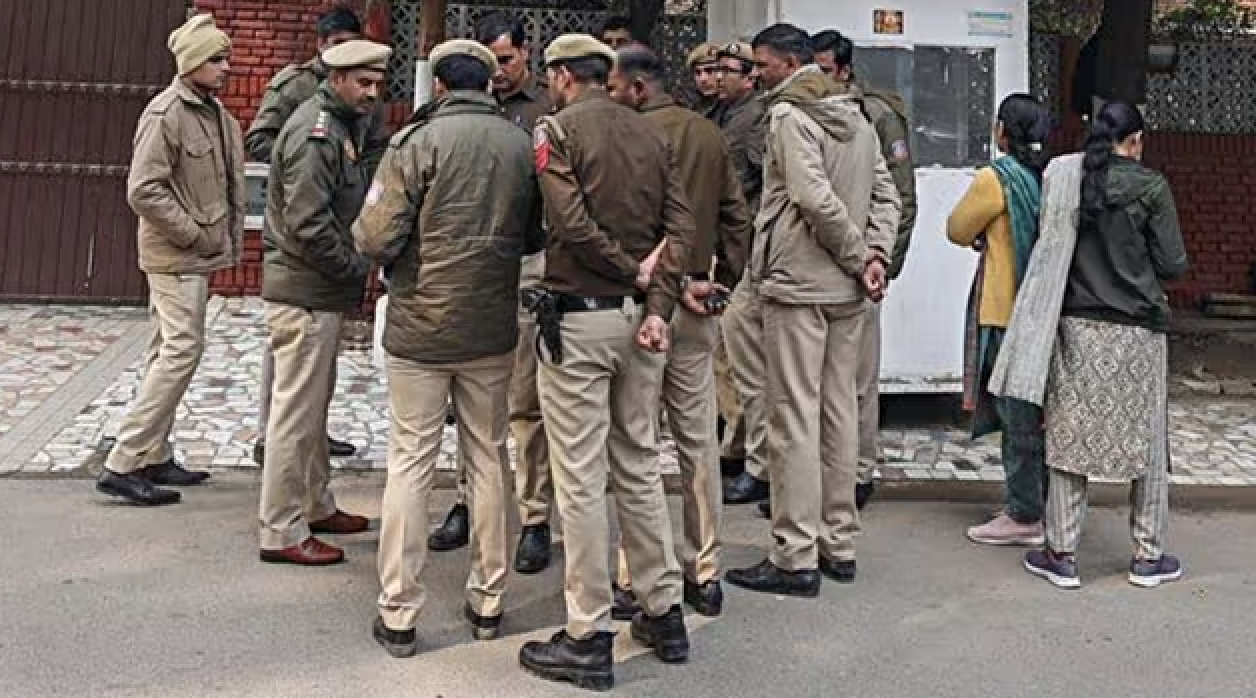New Delhi, India — Nooreen Fatima, 41, anxiously watches the hands of the clock, waiting for her sons to return from school. She has a surging crowd of supporters waiting for her on the corner of her street, and she needs to meet them as soon as she can.
When they arrive, she hastily collects their schoolbags, then slides into a skin-toned abaya to rush downstairs before her team stops her to shoot a crowdfunding appeal, canvassing votes for her jailed husband, Shifa ur Rehman.
“Fighting for your rights, my husband has been in jail for nearly five years,” she says, scratching her fingers nervously.
In April 2020, Rehman, a 48-year-old human rights activist, was arrested by the Delhi police, accusing him of mobilising student protests against a controversial citizenship law. Critics have described the law as discriminatory because it fast-tracks naturalised citizenship for people from India’s neighbouring nations if they belong to any minority community — other than Islam.
Rehman and Tahir Hussain, another prisoner waiting for his trial in cases related to the riots and demonstrations that erupted in New Delhi in 2020 over the law, are running in upcoming elections to the Indian capital’s legislative assembly on February 5. In all, 53 people were killed in the 2020 violence, a majority of them Muslims.
After five years of intense legal battles, and dozens of appeals before Indian courts, their families are now turning to the Delhi election with a hope for redemption.
This story was originally published in aljazeera.com. Read the full story here.


